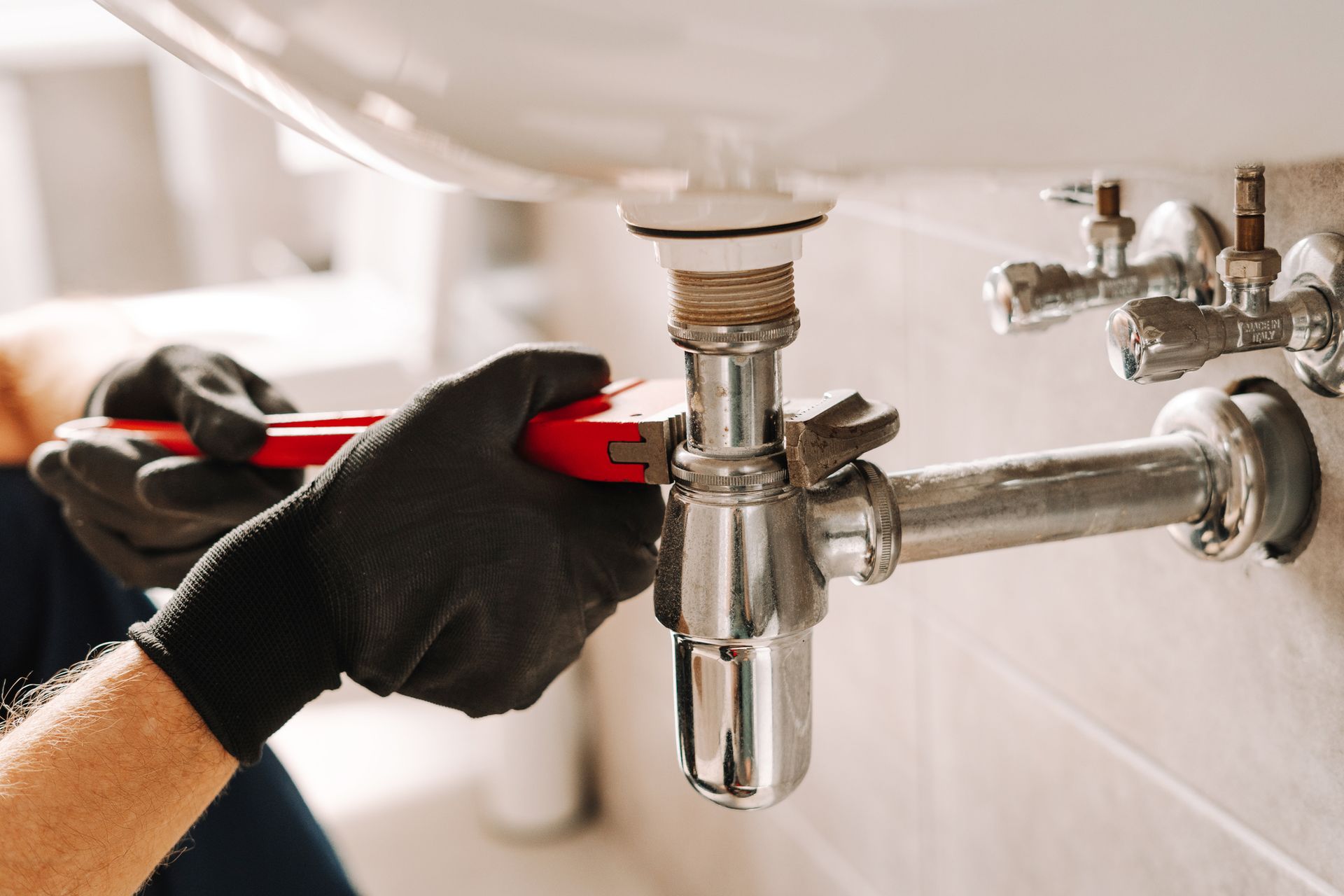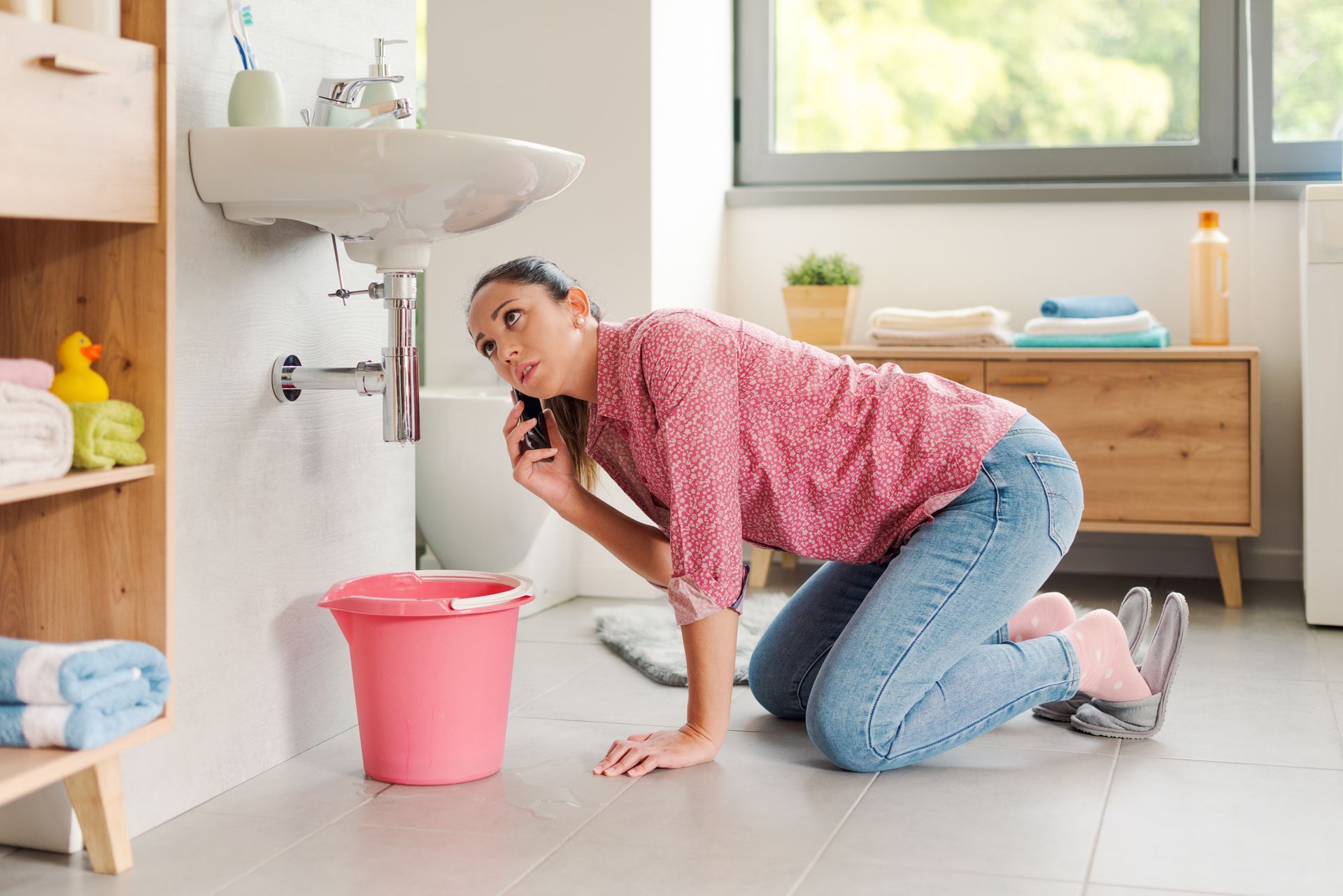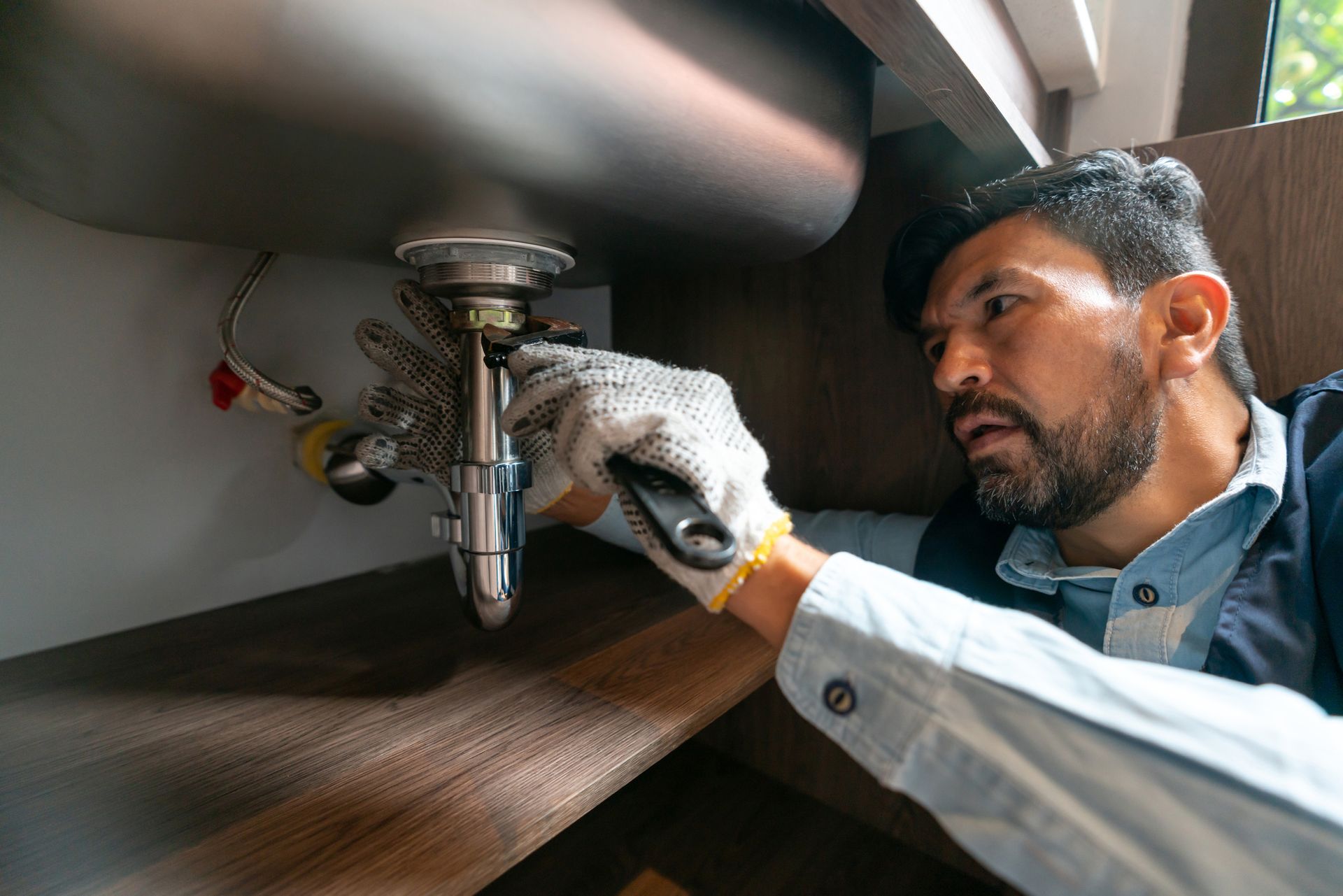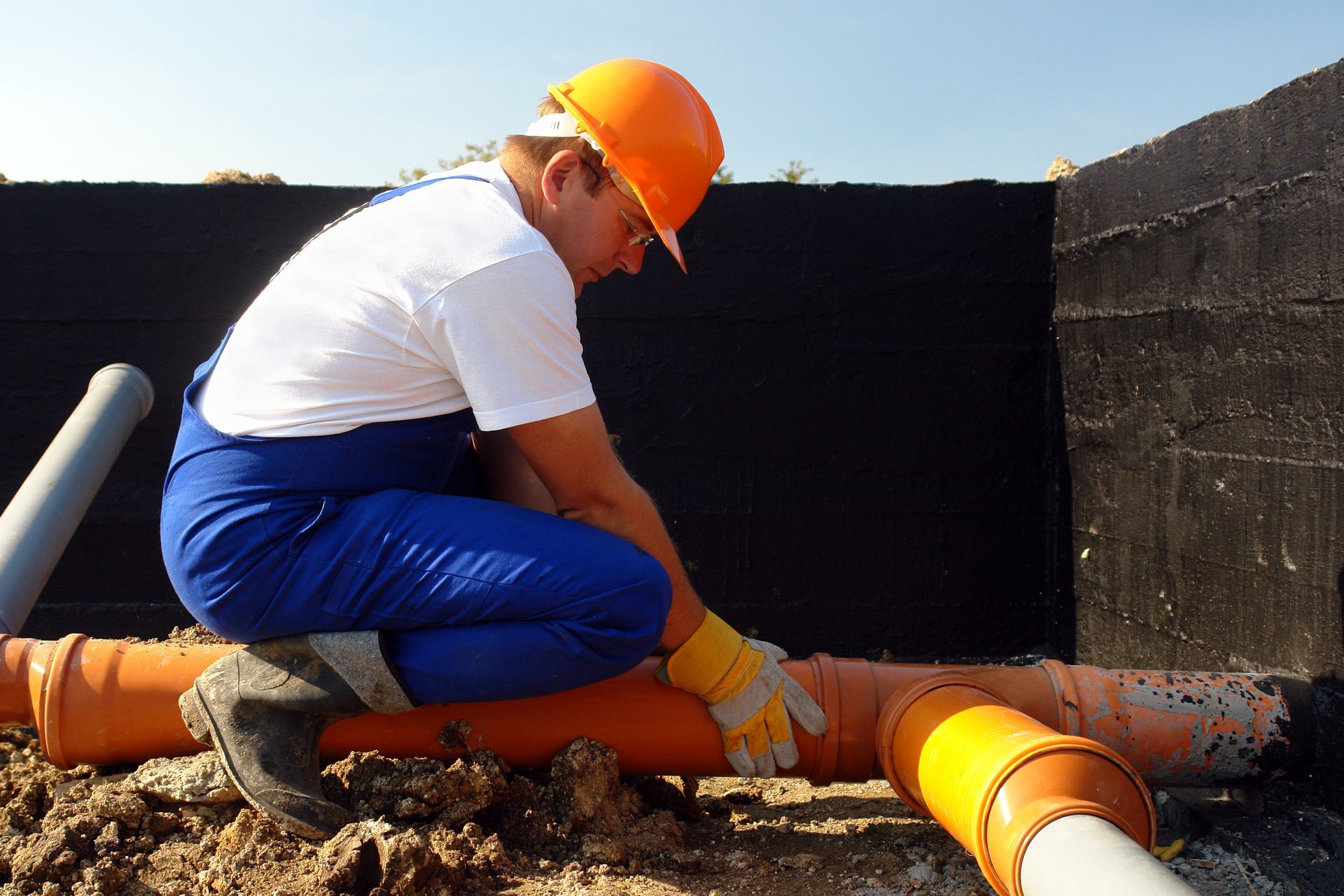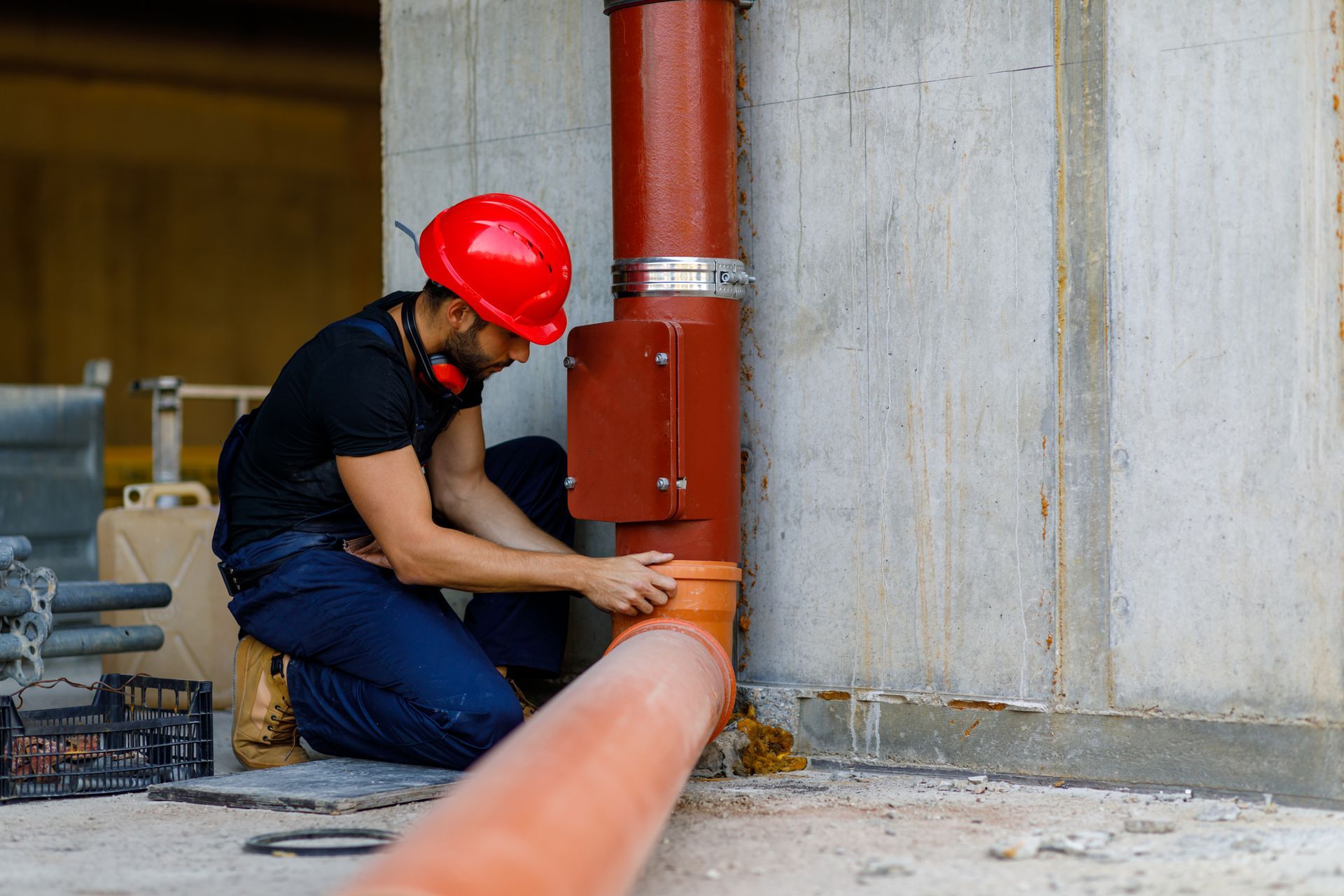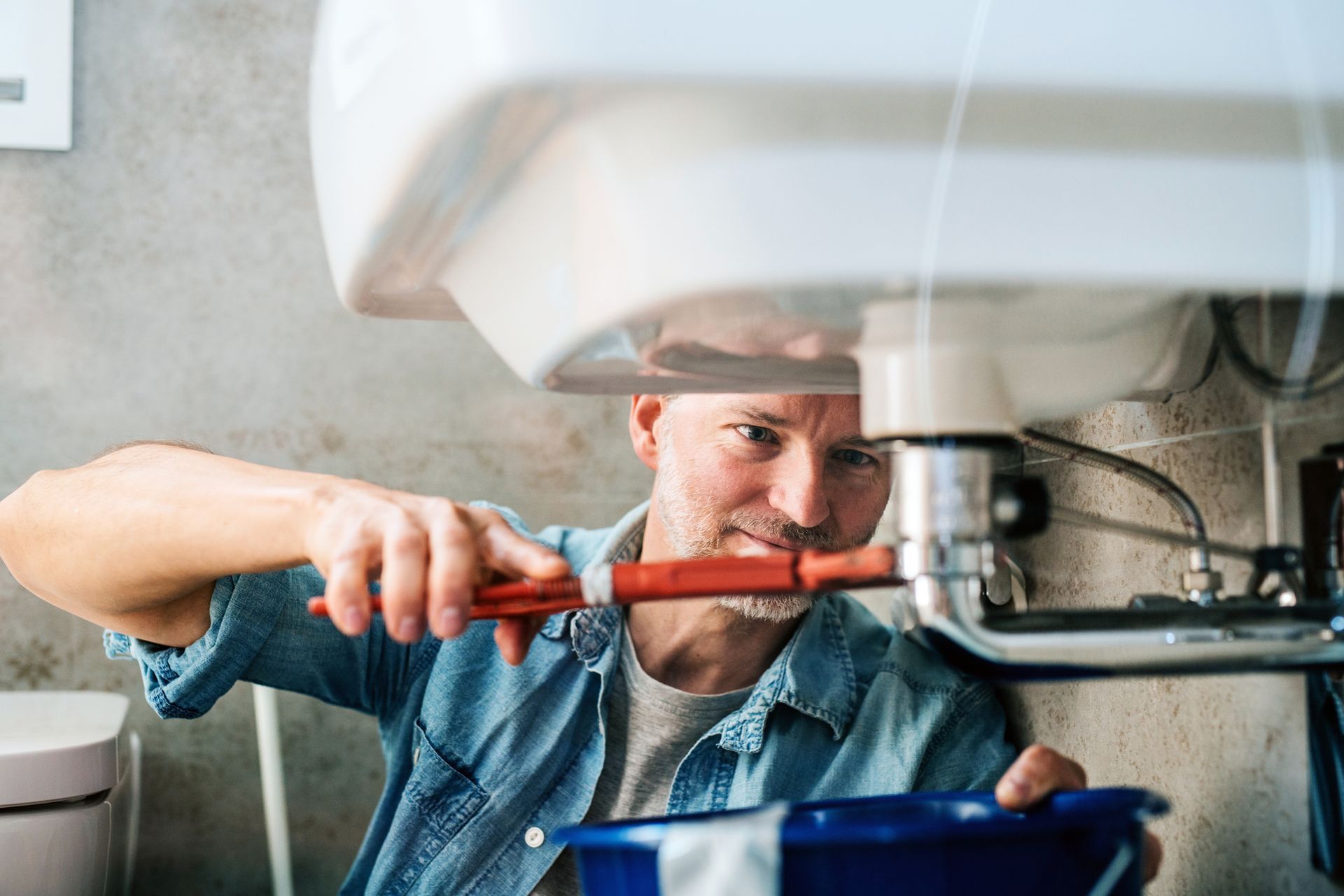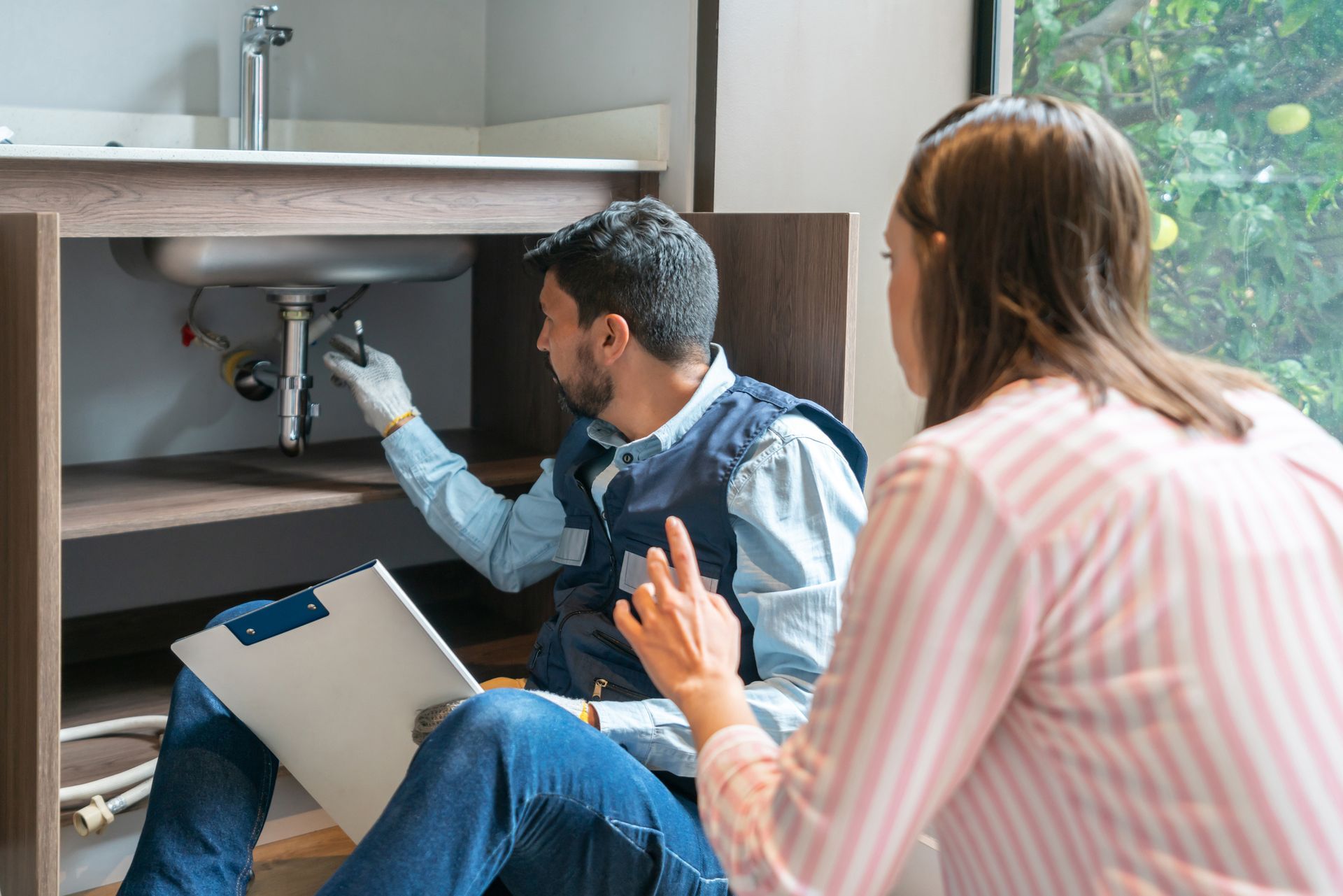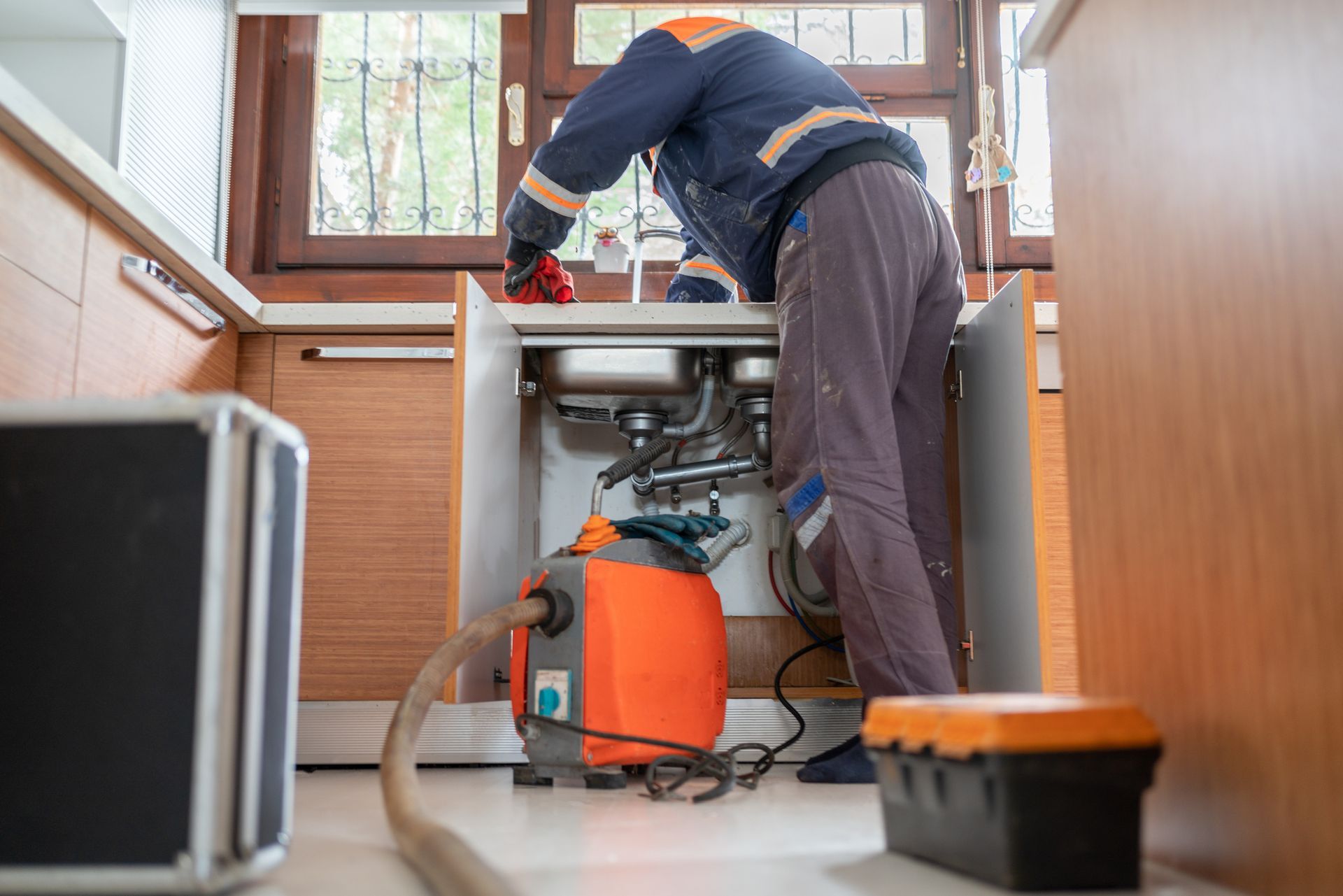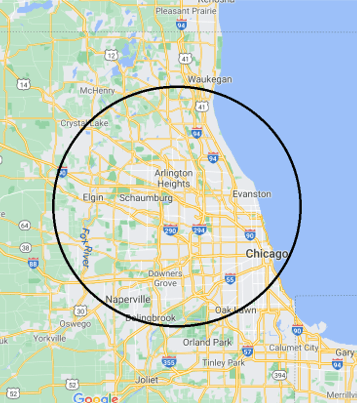Dealing With Plumbing Problems in the Winter
Being aware of the most common plumbing issues you may experience during the colder months is important. From frozen pipes and flooded basements to clogged drains and damaged outdoor hoses, these problems can all lead to costly damage if not dealt with promptly. Here are some of the most common wintertime plumbing issues you may encounter.
Frozen Exterior Pipes
When temperatures drop below freezing, water in exterior pipes begins to freeze. One of the problems with frozen pipes is that they could go unnoticed for months since they may not be in use during winter.
These pipes could burst and flood basements or cause foundation issues. To prevent this, wrap your exterior pipes with insulation or heating tape so that they don't get too cold and freeze over. Consider installing frost-free bibs or winterizing your bibs before any damage occurs.
Clogged Drains
Clogged drains occur when too much debris gets stuck in a drainpipe, causing a backup of water or sewage. The best way to prevent clogs is by being mindful of what goes down your drains and avoiding flushing anything that isn't meant to be flushed (such as grease, paper towels, etc.). Moreover, flush your disposal after use and clean it regularly.
Backups from Sump Pumps
Sump pumps are designed to pump excess water away from your home to prevent flooding during heavy rainstorms or snowmelt. If the sump pump isn't working properly or is overwhelmed, it can cause backups in your basement or crawl space.
To avoid this issue, keep the sump pump clean and heat your basement to keep the water from freezing. Keep water away from your foundation to avoid overwhelming the sump pump, and regularly check your intake and discharge lines for blockages.
Frozen Septic Tank Components
The freezing temperatures of winter can cause septic tank components like pipes and valves to freeze over, which makes them more prone to cracking and breaking. The septic waste could also freeze, which will hamper drainage and cause damage.
You can do several things to ensure this doesn't happen. First, check the soil levels and fill any gaps, if necessary, to cover your tank. From there, cover your tank with straw for insulation and try to conserve water to avoid overwhelming your system. Avoid driving or parking close to the septic tank, and have the soil around the tank aerated regularly to avoid compaction.
Frozen Well Pump
Cold temperatures can cause pipes inside the well pump system to freeze over. If you have a well, choose your pump location carefully in a well-insulated area to keep it from freezing. If it freezes, contact a professional immediately so they can come out and thaw out the pipes without damaging them or causing further damage down the line.
Damaged Water Hose Bibs
When temperatures dip below freezing, it becomes much easier for hose bibs, also known as spigots, to freeze over or become damaged due to expansion caused by freezing temperatures.
To prevent this issue, turn off all outdoor hose bibs during periods of extreme cold weather and thoroughly insulate them against cold air infiltration whenever possible. You should also check periodically throughout the season for signs of ice buildup around these components and take action quickly if needed.
Conclusion
It's important for homeowners who live in colder climates to stay vigilant about potential plumbing issues caused by winter weather conditions, especially since these conditions present unique challenges compared with those experienced during warmer times.
Knowing these problems presents you with an opportunity to take preventative measures. That said, if you already have any of these problems and need professional help, please contact us today.

